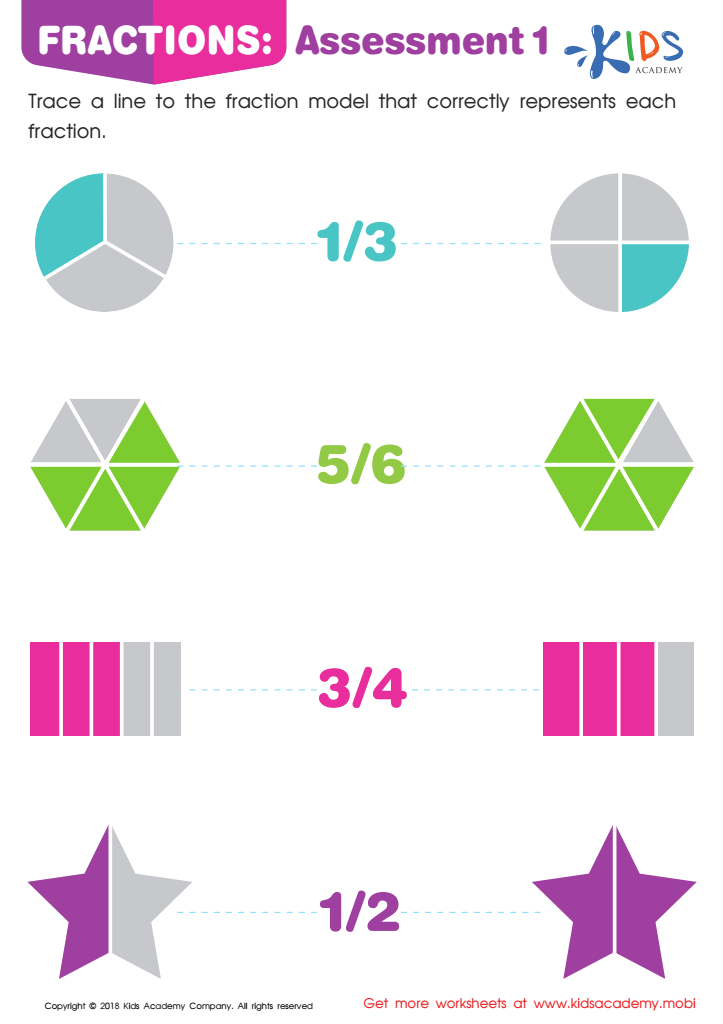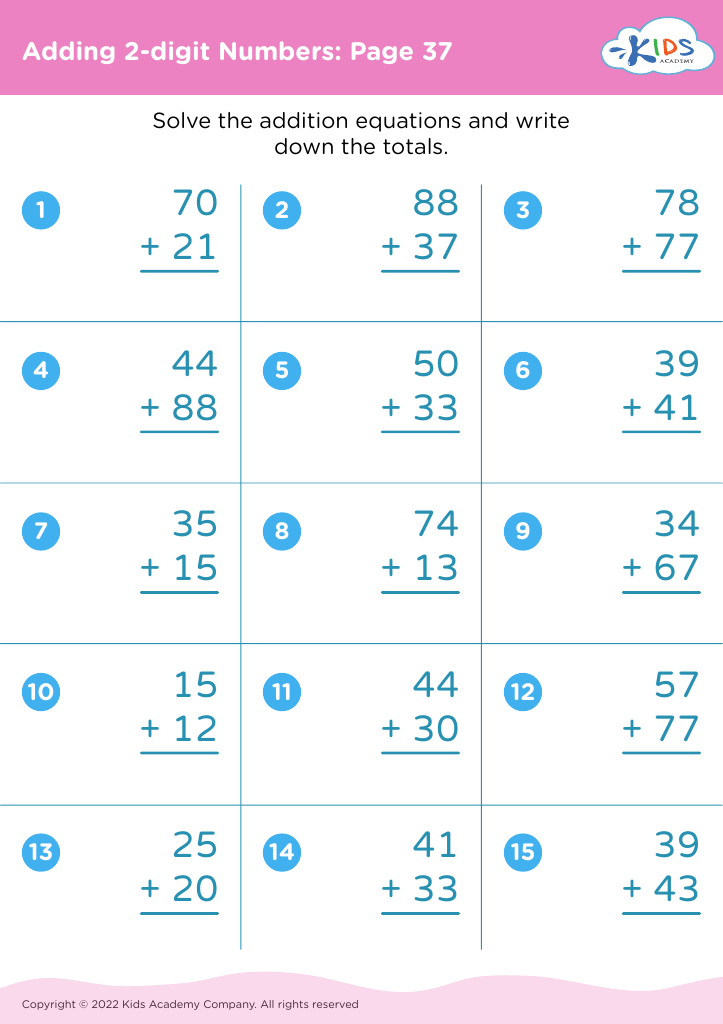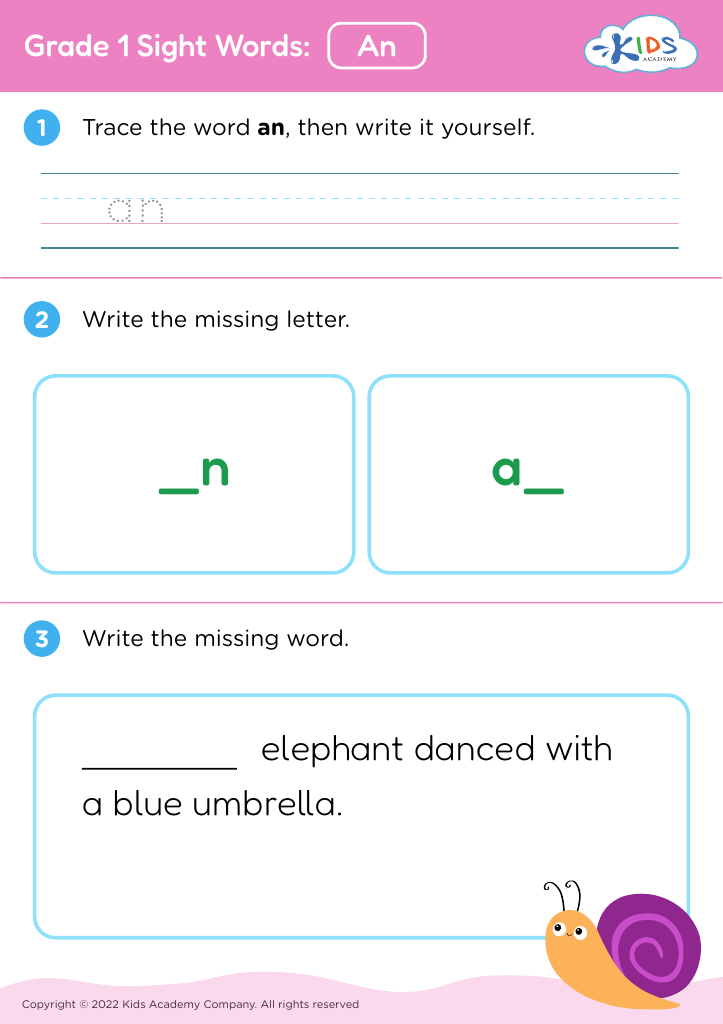Fraction subtraction Worksheets for Ages 3-8
3 filtered results
-
From - To
Discover our engaging Fraction Subtraction Worksheets, designed specifically for children ages 3-8. These fun and interactive worksheets help young learners grasp the concept of subtracting fractions in a playful and approachable manner. With colorful illustrations and easy-to-follow examples, kids will develop essential math skills while enjoying the learning process. Catering to various learning styles, our worksheets are perfect for both classroom and home activities. Whether you're looking to reinforce classroom lessons or seek enriching homework resources, our Fraction Subtraction Worksheets provide a solid foundation in math and promote confidence in young learners. Get started today and watch their math skills flourish!


Fractions: Assessment 1 Worksheet
Fraction subtraction is a foundational math skill that serves as an essential building block for understanding more complex mathematical concepts later on. For children ages 3-8, grasping the basics of fractions helps them develop critical reasoning and problem-solving abilities. At this age, children are naturally curious and capable of engaging with visual and hands-on learning, making it the perfect time to introduce fractions.
By understanding how to subtract fractions, children learn about part-to-whole relationships and the concept of equal values. This knowledge runs parallel to developing skills in measurement, data interpretation, and algebraic thinking. Furthermore, early exposure to fractions helps foster number sense, enabling children to understand percentages, ratios, and proportions in their future studies.
Parents and teachers should care about this focus because it not only enriches children's math skills but also builds their confidence in approaching math challenges. With a positive and early experience with fractions, children are less likely to develop math anxiety and can approach future math topics with eagerness. Additionally, teaching fraction subtraction in everyday contexts, such as sharing snacks or dividing objects, can make learning relevant and enjoyable. Overall, early fraction education paves the way for lifelong mathematical proficiency.

 Assign to My Students
Assign to My Students






















